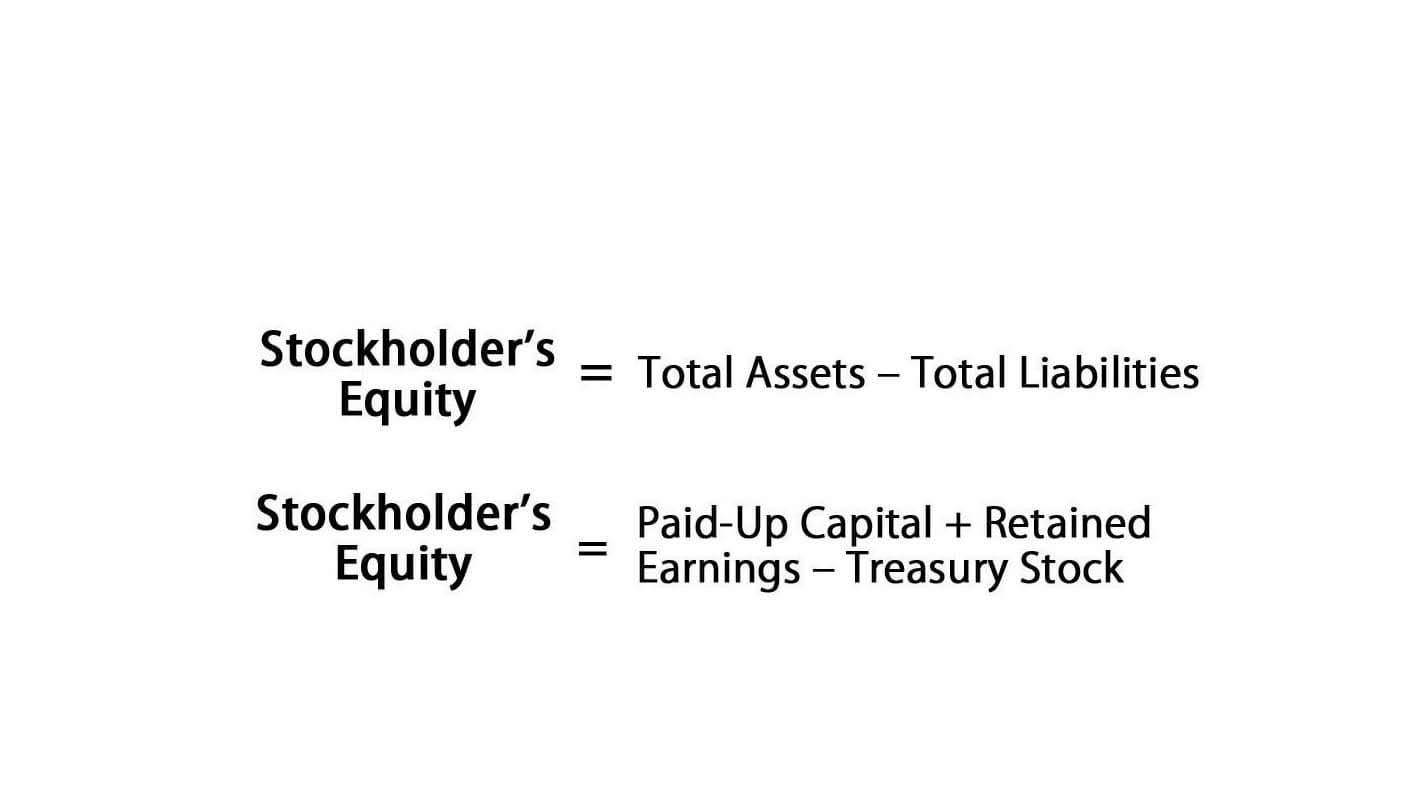
The current rate method is commonly used when the foreign entity operates independently of the parent company. Under this approach, assets and liabilities are translated at the exchange rate on the balance sheet date, while income and expenses are translated at the average rate for the reporting period. This method reflects current economic conditions, with translation adjustments recognized in other comprehensive income. Multi-entity accounting is essential for companies that manage complex organizational structures or need to maintain clear financial separation between different business units.

Adhering to Accounting Standards and Principles

In today’s competitive business landscape, expanding into new markets is a valuable way of driving growth. But, as businesses set their sights on international expansion, they need solutions that can effortlessly handle multiple different financial accounts, structures, and jurisdictions. Transfer pricing regulations, particularly those outlined by the OECD, require intercompany charges to align with the arm’s length principle. Allocations must mirror what independent enterprises would negotiate in similar circumstances. Non-compliance can result in significant penalties, emphasizing the importance of https://tamilbrandsociety.com/what-is-financial-risk-and-its-types-everything/ comprehensive documentation and justification for allocation methodologies. To simplify financial management, you can also try an enterprise resource planning solution.
Elimination of Inter-Company Transactions
- This deep financial reporting allows you to look for ways to optimize and scale, helping you strategize for future growth.
- Modern systems can handle complex financial data, automate workflows, and provide real-time insights.
- Instead of wrestling with inconsistent data from various sources, you create a unified system where all entities follow the same procedures and use compatible tools.
- With this kind of oversight, decision-making becomes more strategic and impactful.
- Regular review and updates ensure the chart of accounts evolves with organizational needs and regulatory changes.
- With multi-entity accounting, the team consolidated financial reports across all subsidiaries, automated currency conversions, and complied with local tax codes.
When implemented properly, multi-entity accounting offers advantages you can feel in every aspect of your financial operations and planning. NetSuite is a mid-range cloud-based ERP system https://www.bookstime.com/articles/what-is-a-corporate-purchasing-card with extensive Suites (modules) to perform unified integrated system tasks. NetSuite’s outstanding solution for global, multi-entity accounting is its OneWorld Suite product. Implementing controls and payment security is extremely important for multi-entity organizations since upper management is less involved in each location’s day-to-day operations. With advanced search capabilities, users can easily retrieve financial data, documents, and reports.

Enhanced Reporting
Poor financial visibility delays decision-making, causing missed opportunities for growth investments. Instead of wrestling with inconsistent data from various sources, you create a unified system where all entities follow the same procedures and use compatible tools. This approach dramatically reduces the manual work your team spends reconciling differences between entities and chasing down missing information.
- Accounting software platforms’ integrations with third-party platforms largely solve this problem.
- An example of proportionate consolidation in accounting is when two companies merge.
- Improved compliance is an essential benefit of account consolidation as it helps organizations meet the specific requirements set by governing bodies such as the Financial Accounting Standards Board (FASB).
- In a global economy where expansion is often key to success, understanding multi-entity accounting is a necessity.
- An organization may be structured to have a procurement division that obtains supplies and materials then sells them to its other operating divisions.
- Multi-entity accounting is essential for companies that manage complex organizational structures or need to maintain clear financial separation between different business units.
- Often, those in need of a multibusiness accounting solution are operating subsidiaries across borders, requiring the multicurrency functionality in which NetSuite excels.
- Step-by-step guidance for starting your business in France, ensuring compliance with local regulations for success.
- This way, you can compare your team’s input to your revenue and add billable hours to your client invoices.
This can manifest as a parent company with subsidiaries, where each subsidiary functions as a separate legal person with its own liabilities and tax obligations. Businesses might also operate through different divisions or lines of business under a single legal umbrella, still necessitating separate financial tracking for performance evaluation. For example, imagine a business owner runs three boutique clothing stores in different cities.

Multi-entity accounting software ensures that financial information what is multi entity accounting is updated in real time, providing executives and managers with the timely insights needed to make informed decisions. The process includes eliminating intercompany transactions and reconciling accounts between subsidiaries without standardized accounting practices. Managing the finances of multiple entities is a significant challenge for many organizations.


